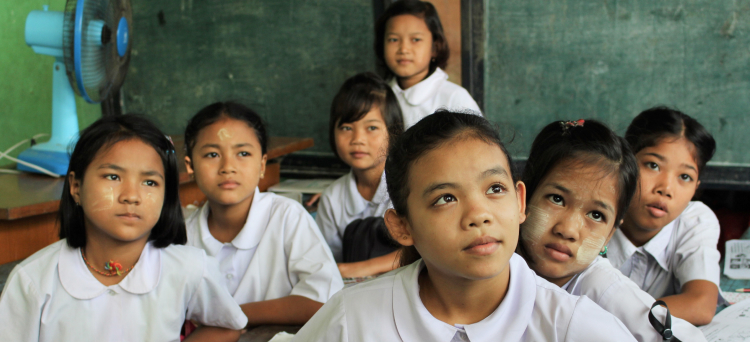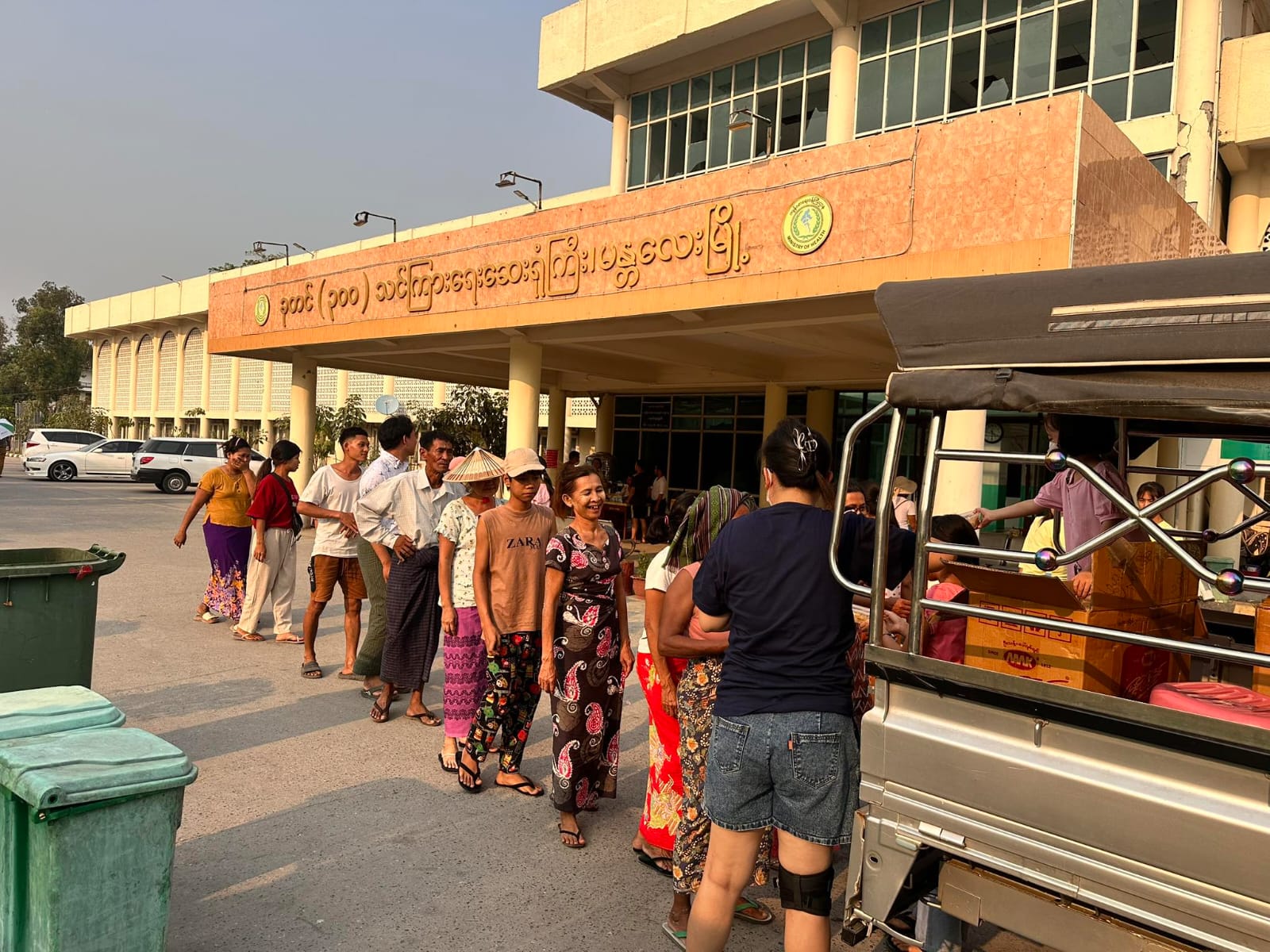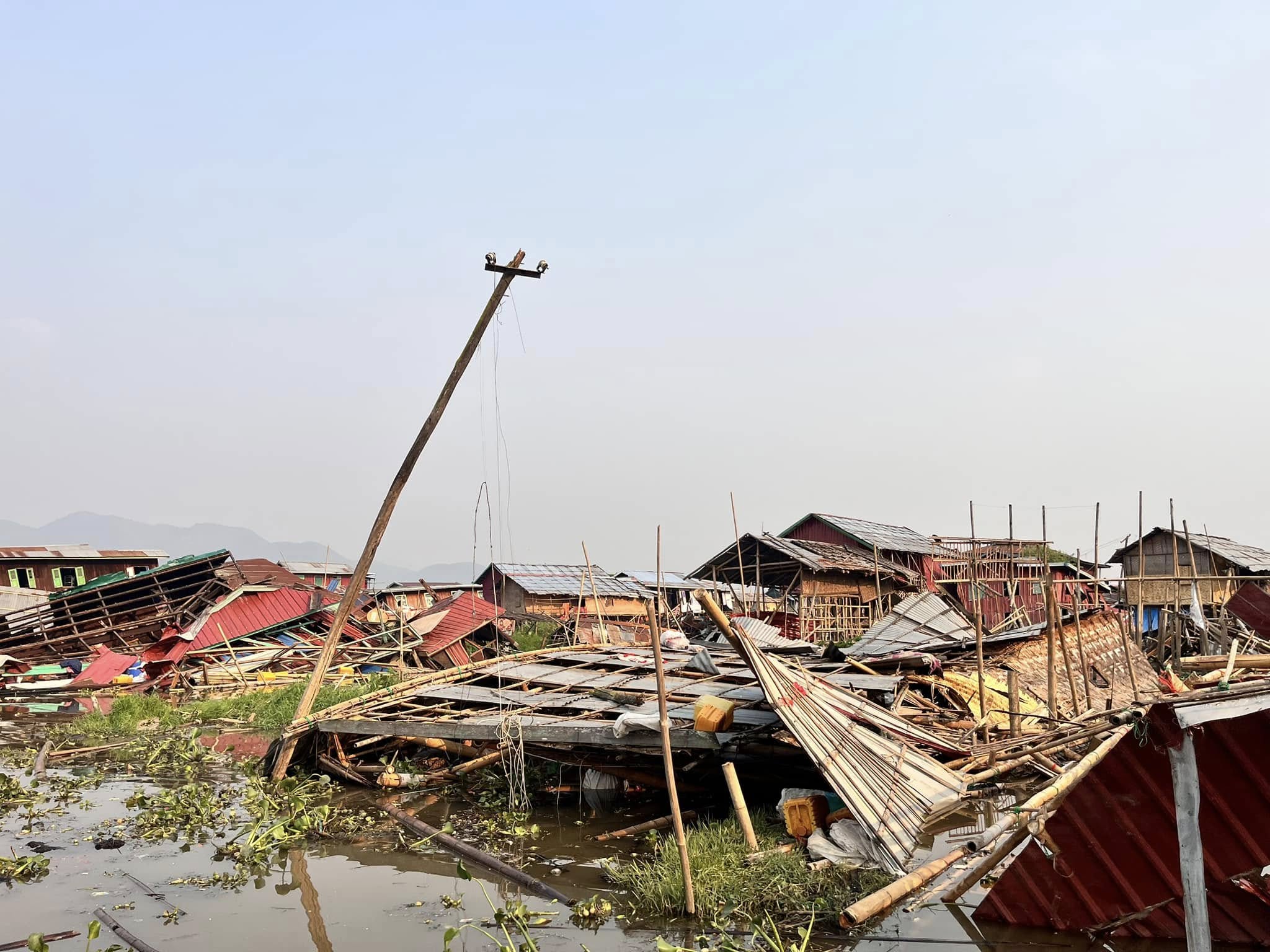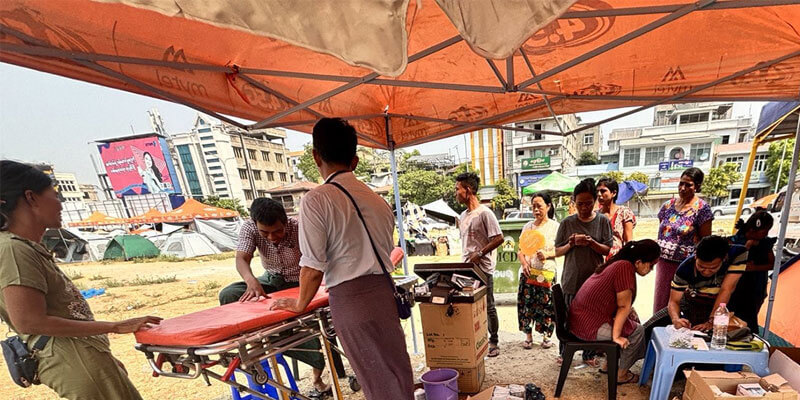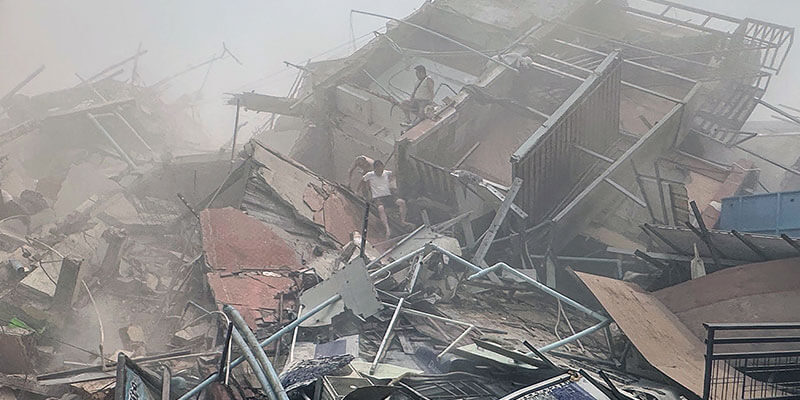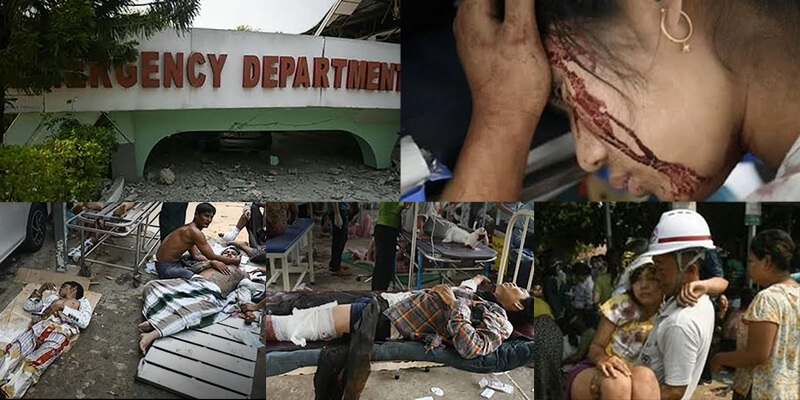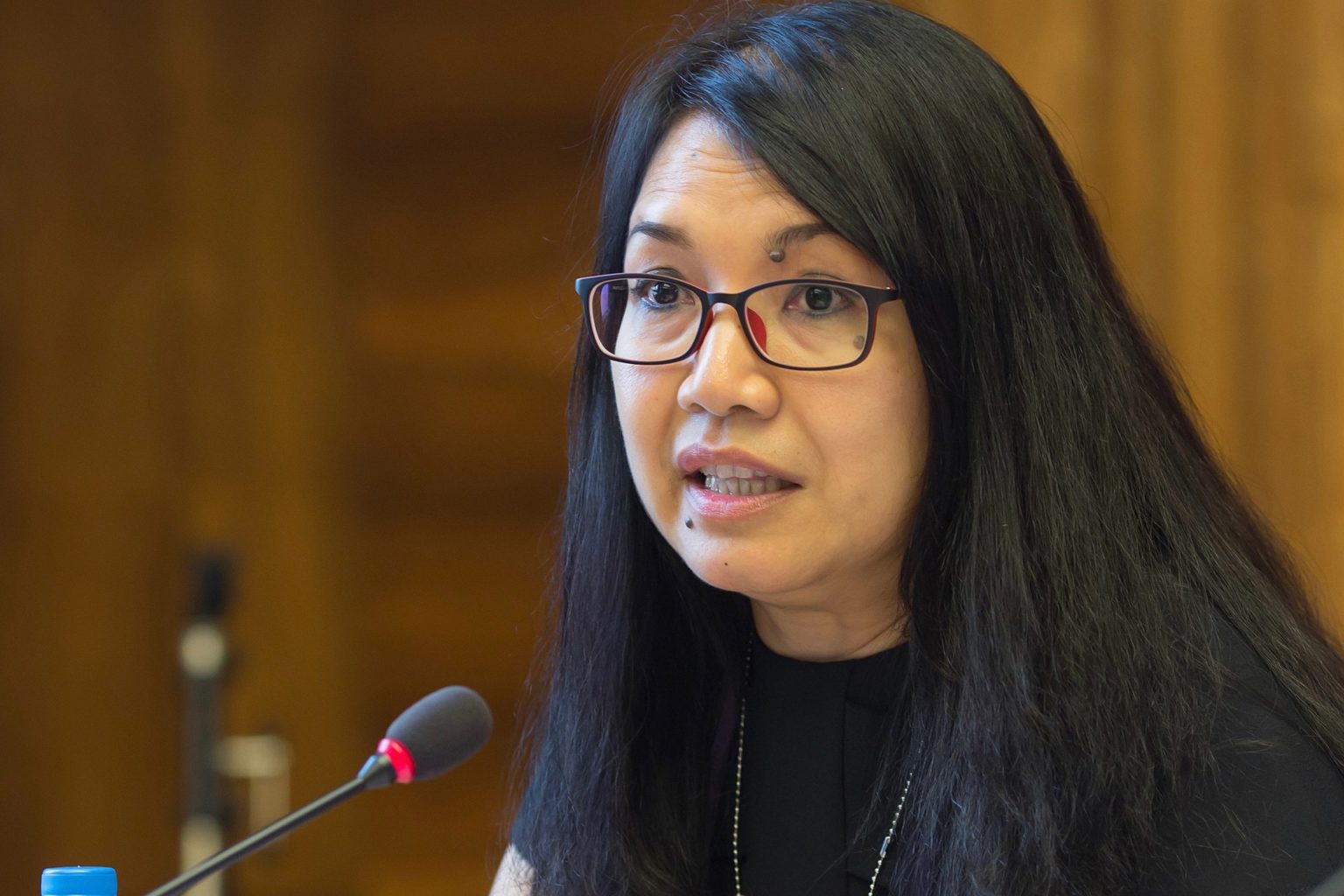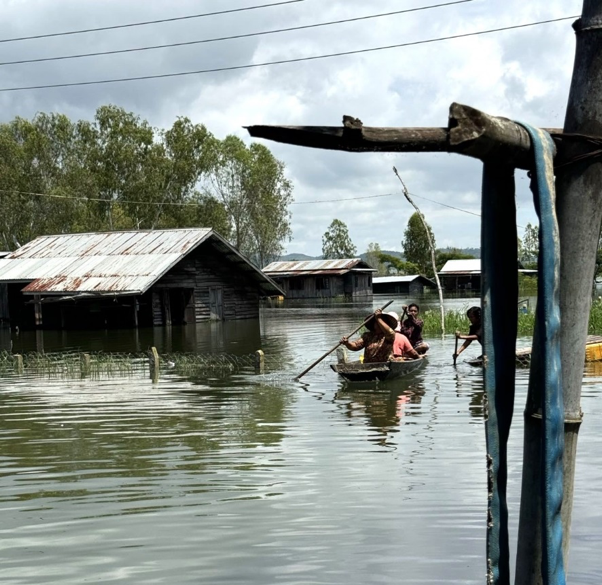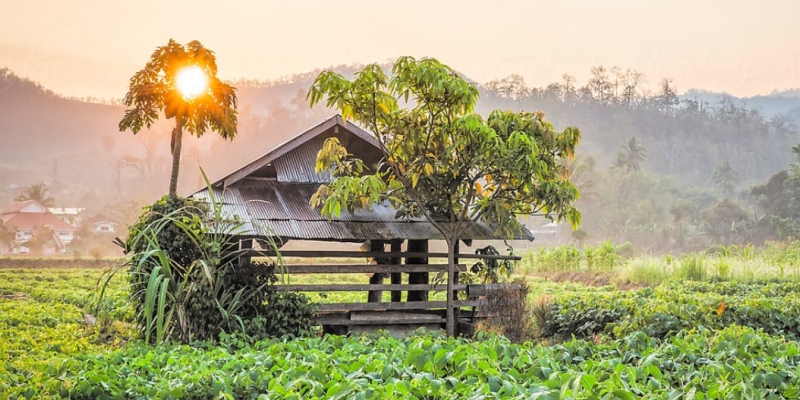Nearly one month after the devastating earthquake in Myanmar, our partners are still working to reach communities that have been left without basic necessities. And thanks to your generosity, we’ve been able to support them in their efforts.
As families across Myanmar welcome Thingyan, the Buddhist New Year—meant for renewal, cleansing, and joy—many are instead facing unimaginable grief. The earthquake two weeks ago brought further loss…
As the official death toll nears 4000 after the devastating 7.7 magnitude earthquake struck Burma/Myanmar last Friday, we wanted to share an update with you, our faithful supporters, old and new.
Since my email on Friday, many of you have already sent donations, and we are deeply grateful for your quick and generous response. Your support is already making a difference during this critical time.
You likely started your day with the news of the devastating earthquake that struck central Burma/Myanmar and was felt across the region at 2am EST. I’m relieved to share that all of our colleagues are safe, though information about the scale of the devastation remains limited and we’re still reaching out to our partners to better understand their situation.
I remember vividly in 1986, during my second year of university, a friend confided in me that seven Shan women were admitted to Taunggyi Public Hospital after they had been raped by Myanmar soldiers.
Myanmar, still reeling from the humanitarian crisis triggered by the military coup 43 months ago, now faces a new devastation.
As an organization that raises funds primarily in the United States, then distributes those funds to groups working in the global South (largely Southeast Asia), our role is sometimes summed up as merely an added layer of bureaucracy.
Since the late 90s, the phrase “think globally, act locally” has been used in a range of contexts from environmental activism, to education, to ambitious business strategies for some of the most recognized brands.


